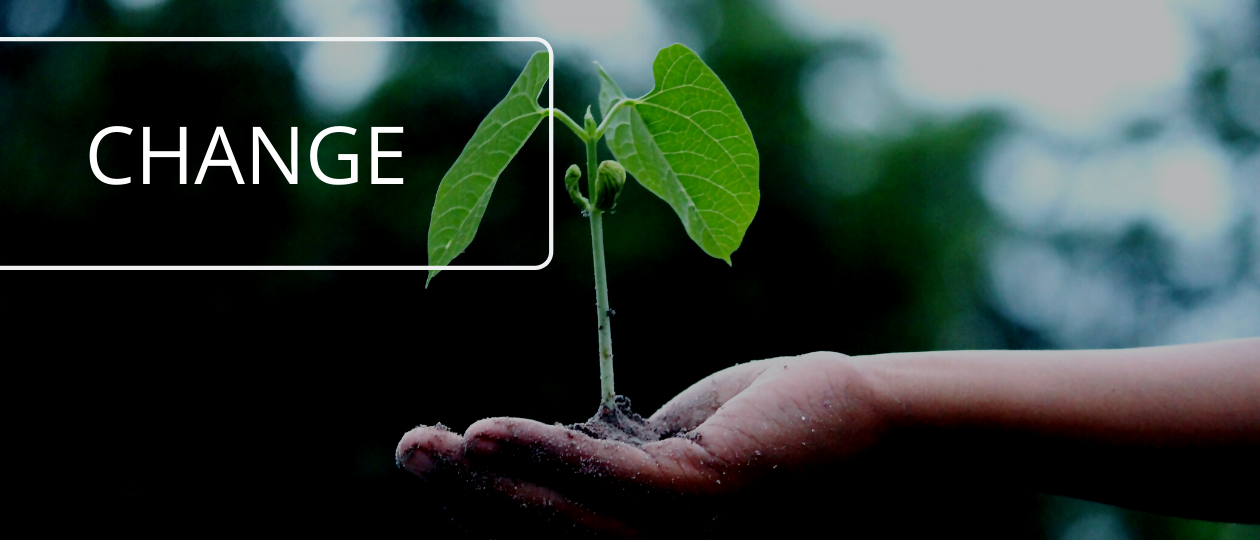Change
I’ve got a friend who worked for the FBI for many years—usually, when I reference him, it’s to talk about his statement that everybody lies, but today I’d like to talk about his other broad statement about humanity: we don’t change.
I should mention that he did qualify that. There are exceptions, but in the vast majority of cases, a person on their deathbed will be fundamentally the same sort of person as they were at around age 20. That’s a little depressing, isn’t it? Positive change is one of the great hopes of life, none more so than internal change. For the vast majority to go their whole adult lives without ever really achieving that is really tragic. And yet it is clearly possible. Even this man, who probably had more reason than most to be pessimistic, was sure of that. So the question we should be asking is, what are the people who do change doing differently?
One of my favorite passages on that topic comes from M. Scott Peck’s wonderful book, The Road Less Traveled. In it, he points out that change always requires you to go through a period of chaos. Chaos is both painful and frightening because it’s a disruption that, by definition, we don’t have the answers for. Walking through that willingly goes against some of our oldest and most powerful instincts. It’s no wonder, he says, that most people turn back when they reach that point. In fact, I would say that going against that instinct can be more than just painful, it can feel almost wrong to purposefully place ourselves in a situation where we are afraid and have less control. So how do you make yourself go through with it?
I think the most important thing is to be deliberate, to understand what you’re in for and commit yourself to overcome it, and to reaffirm that commitment every single day. In most ways, it’s really no different from any other kind of learning. If you wanted to learn a new language, or train for a difficult new job, or take up a form of art, it would require the same kind of commitment. Nobody is good at these sorts of things right away, and the time you spend as a beginner can be painful and frustrating. Lots of people try it for a little while and then give up, just as with self-improvement. The ones who eventually become good at it are separated by their passion and drive far more often than by any innate talent.
So maybe the best advice I can give you is to think really hard about why you want to change the things you want to change and to continuously remind yourself of that. I remember a good friend told me once that the best-selling category of books every year was diet and weight-loss books. He asked me if I knew who bought those books each year. I told him I didn’t, and he said, “the same people who bought them last year.” The point I’m trying to make is that it’s easy to tell yourself that you’re going to change something about the way you live your life, but the kind of commitment that can actually change your life isn’t just a decision: it’s a habit.
Have a blessed, wonderful day!
Alex Loyd



